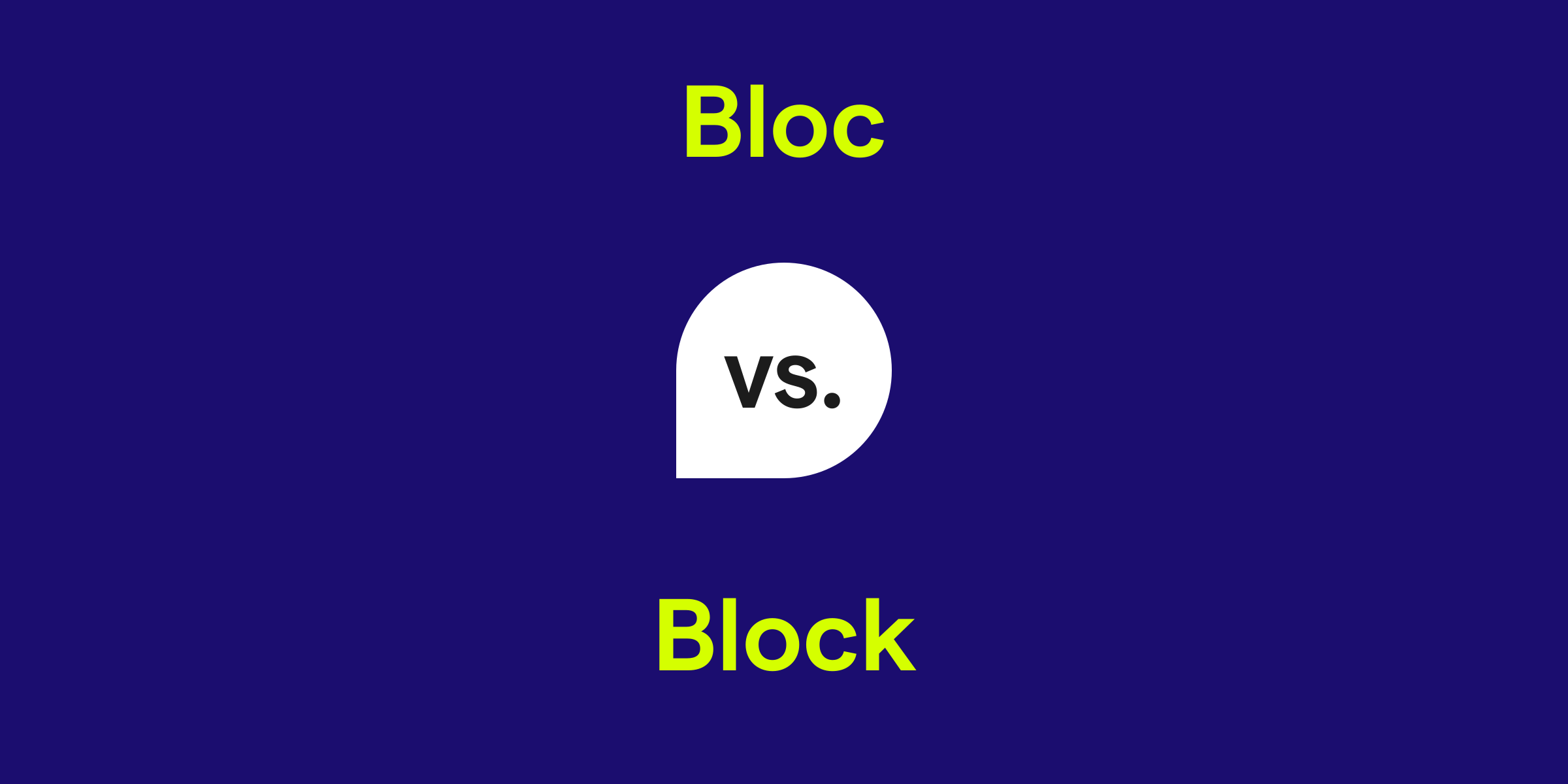Bloc vs. Block: What's the Difference?
While bloc and block may sound similar, their meanings and contexts are distinct. A bloc refers to a group of countries or parties with shared interests, commonly seen in political and economic contexts, uniting for collective action or to serve a common agenda. Block, on the other hand, refers to a solid mass of a material, often shaped into a cube or rectangular prism, used in construction or manufacturing, or to the act of preventing movement or progress in various contexts.

How do you use the word bloc in a sentence?
The word bloc is typically used to describe a coalition of groups or countries with common interests or agendas, particularly in politics or trade. It is often applied in discussions of international relations where allied nations form a bloc to exert influence or in situations where political parties unite for a shared goal.
Examples of bloc in a sentence
- The European Union is a powerful trade and political bloc that influences global policy.
- Several parties have formed a bloc in parliament to push for environmental reform.
- The developing nations' bloc at the conference presented a united stance on debt relief.
How do you use the word block in a sentence?
The word block is versatile and can refer to a solid piece of material, a segment of a city bordered by streets, or the action of obstructing someone or something. When used as a noun, it often pertains to physical objects, whereas as a verb, it relates to the act of hindering progress or access.
Examples of block in a sentence
- The child built a tower using colorful building blocks.
- She walked around the block to clear her mind during lunch break.
- The defender made an impressive block, stopping the other team from scoring.
Bloc and block definition, parts of speech, and pronunciation
Bloc definition:
A bloc is a noun referring to a combination of countries, parties, or groups sharing common goals, especially in politics or commerce.
Bloc parts of speech:
Bloc pronunciation:
The word 'bloc' is pronounced as /blɒk/.
Block definition:
A block is a noun for a substantial, often square or cuboid, piece of hard material, used in building or to obstruct. As a verb, it means to prevent movement, progress, or access by placing an obstruction.
Block parts of speech:
Block pronunciation:
The word 'block' is pronounced as /blɑk/ in American English and /blɒk/ in British English.
A bloc is a noun referring to a combination of countries, parties, or groups sharing common goals, especially in politics or commerce.
Bloc parts of speech:
- As a noun: The trading bloc significantly impacted global markets.
- Used in collective terms: The bloc's decision will be announced tomorrow.
Bloc pronunciation:
The word 'bloc' is pronounced as /blɒk/.
Block definition:
A block is a noun for a substantial, often square or cuboid, piece of hard material, used in building or to obstruct. As a verb, it means to prevent movement, progress, or access by placing an obstruction.
Block parts of speech:
- As a noun: She sat on a wooden block while waiting for the bus.
- As a verb: The road was blocked by fallen trees after the storm.
Block pronunciation:
The word 'block' is pronounced as /blɑk/ in American English and /blɒk/ in British English.
Bloc vs. Block in a nutshell
To recap, bloc is used to refer to a group with common objectives, often in political or economic settings, whereas block can be a mass of material used in construction, a part of a street, or the act of obstructing. Although they are phonetically similar, their meanings are entirely disparate, and they belong to different contexts. Remembering the differences between bloc and block is vital for clear and precise communication.
Get AI Writing Assistance Wherever You Type
Make sure your vocabulary is on point and every punctuation mark is in the right place, no matter where you’re working. Grammarly works across more than 1 million websites and apps so you can improve your writing without copying, pasting, or breaking focus.

More Commonly Confused Words
Interest piqued? Pore (not pour) over other commonly confused words to help your writing reach peak (not peek) performance.